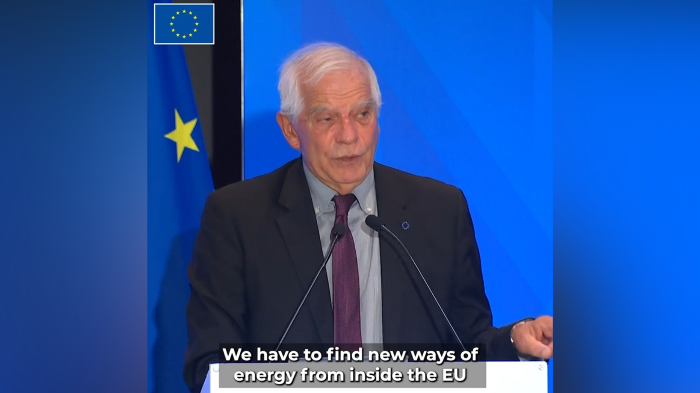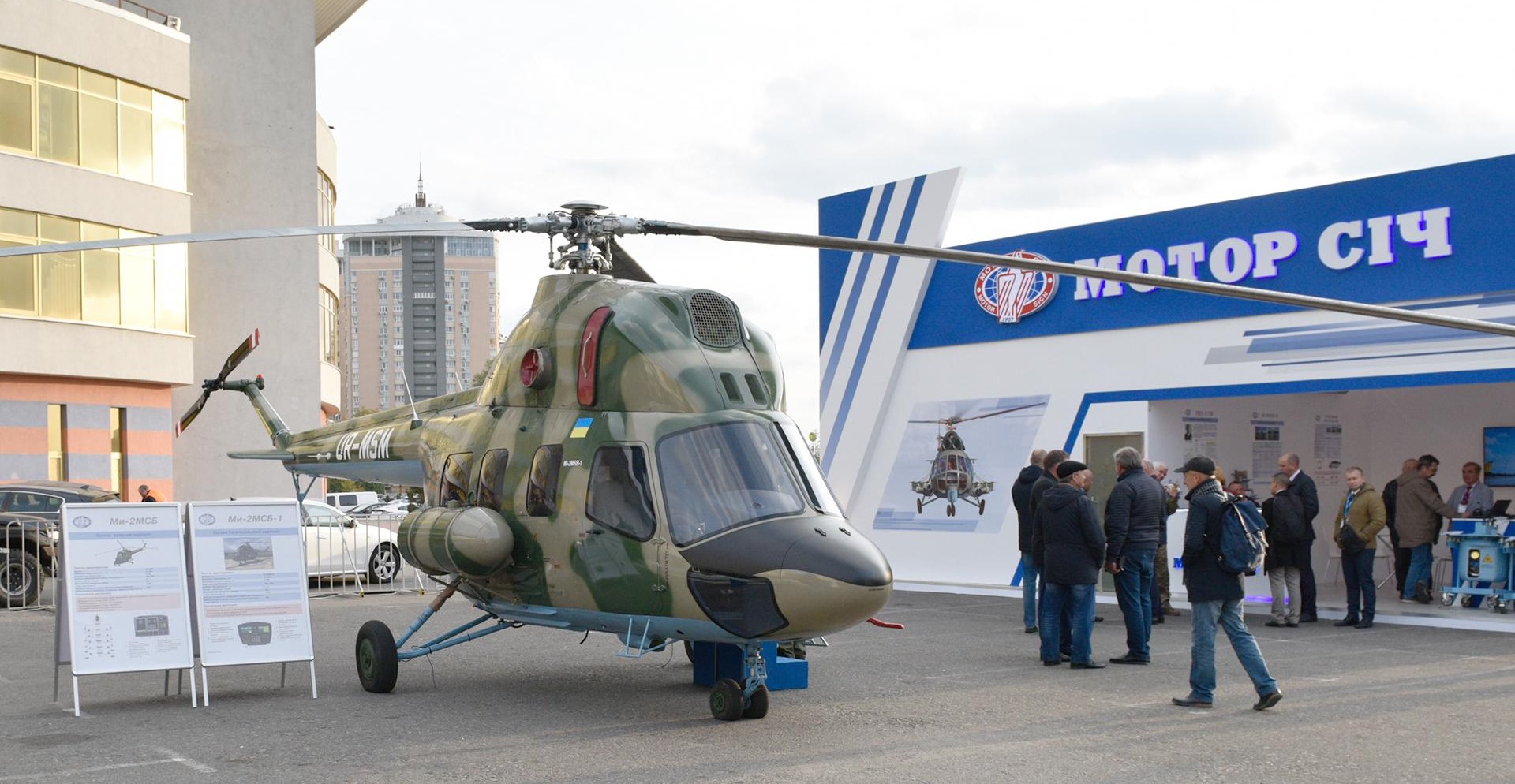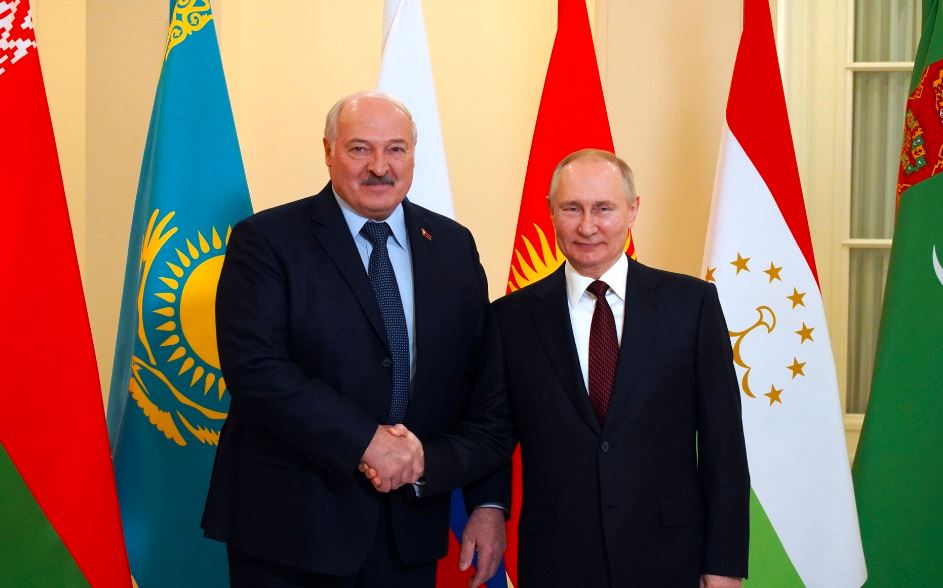Addressing EU delegates at the EU Ambassadors Annual Conference, the bloc's top diplomat Josep Borrell said that EU can no longer base its wealth on a dependency in Russia and China and outsource its security to the USA. He stressed that the bloc is amid a "perfect storm" and urged EU member states to "be bold."
"The world we are facing [...] is a world of radical uncertainty. [...] We have to accept it and to adapt [to] it, prioritising flexibility and resilience.[...]
Uncertainty is the rule. Events that one could imagine that they will never happen, they are happening one after the other.
At this pace, the black swan will be the majority. It will not be white swans – all of them will be black – because one after the other, things have happened that had a very low probability of happening, nevertheless they happened, and they had a strong impact and certainly they happened.[...]
Europeans are facing a situation in which we suffer the consequences of a process that has been lasting for years in which we have decoupled the sources of our prosperity from the sources of our security.
Our prosperity has been based on cheap energy coming from Russia. Russian gas – cheap and supposedly affordable, secure, and stable. It has been proved not [to be] the case. And the access to the big China market, for exports and imports, for technological transfers, for investments, for having cheap goods. [...]
Our prosperity was based on China and Russia – energy and market. Clearly, today, we have to find new ways for energy from inside the European Union, as much as we can, because we should not change one dependency for another. The best energy is the one that you produce at home. That will produce a strong restructuring of our economy – that is for sure.
People are not aware of that but the fact that Russia and China are no longer the ones that [they] were for our economic development will require a strong restructuring of our economy. [...]
The adjustment will be tough, and this will create political problems.
Trending Now
On the other hand, we delegated our security to the United States. [... W]ho knows what will happen two years from now, or even in November? What would have happened if, instead of [Joe] Biden, it would have been [Donald] Trump or someone like him in the White House? What would have been the answer of the United States to the war in Ukraine? What would have been our answer in a different situation?
[...]We have to take a bigger part of our responsibility in securing security," Borrell told EU Ambassadors.
Borrell noted how Russia's war against Ukraine and Russia's nuclear escalation and mobilization ("we did not believe that this was going to happen, and we did not foresee that Ukraine was ready to resist as fiercely and as successfully as they are doing"), the US-China competition, and a food crisis exacerbated by climate change and Russia's war in Ukraine, which has slashed Ukraine's food exports to developing countries, as well as the "radical right [...] increasing their grasp in European politics" has created a "perfect storm."
Borrell noted that there is a fight between the democratic systems and authoritarian systems but that it's not the whole story, as the world is multipolar, competitive, and is troubled by rising nationalism, revisionism, and identity politics.
He stressed that the Global South does not receive the recognition it deserves and are not following the EU in facing the multipolar crises, and called upon the EU to do more listening and take more initiative.
"Take more initiative. Be ready to be bold. Whatever we do, there are taboo-breaking decisions. We break taboos on the Ukrainian war, using the European Peace Facility to buy arms – something that at the beginning [was] 'oh, that is impossible, we have never done it.' 'We have never done it' is not a recipe. Maybe we have to start doing things that we have never done in the past. When we hesitate, we regret it," Borrel said.





